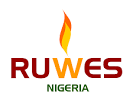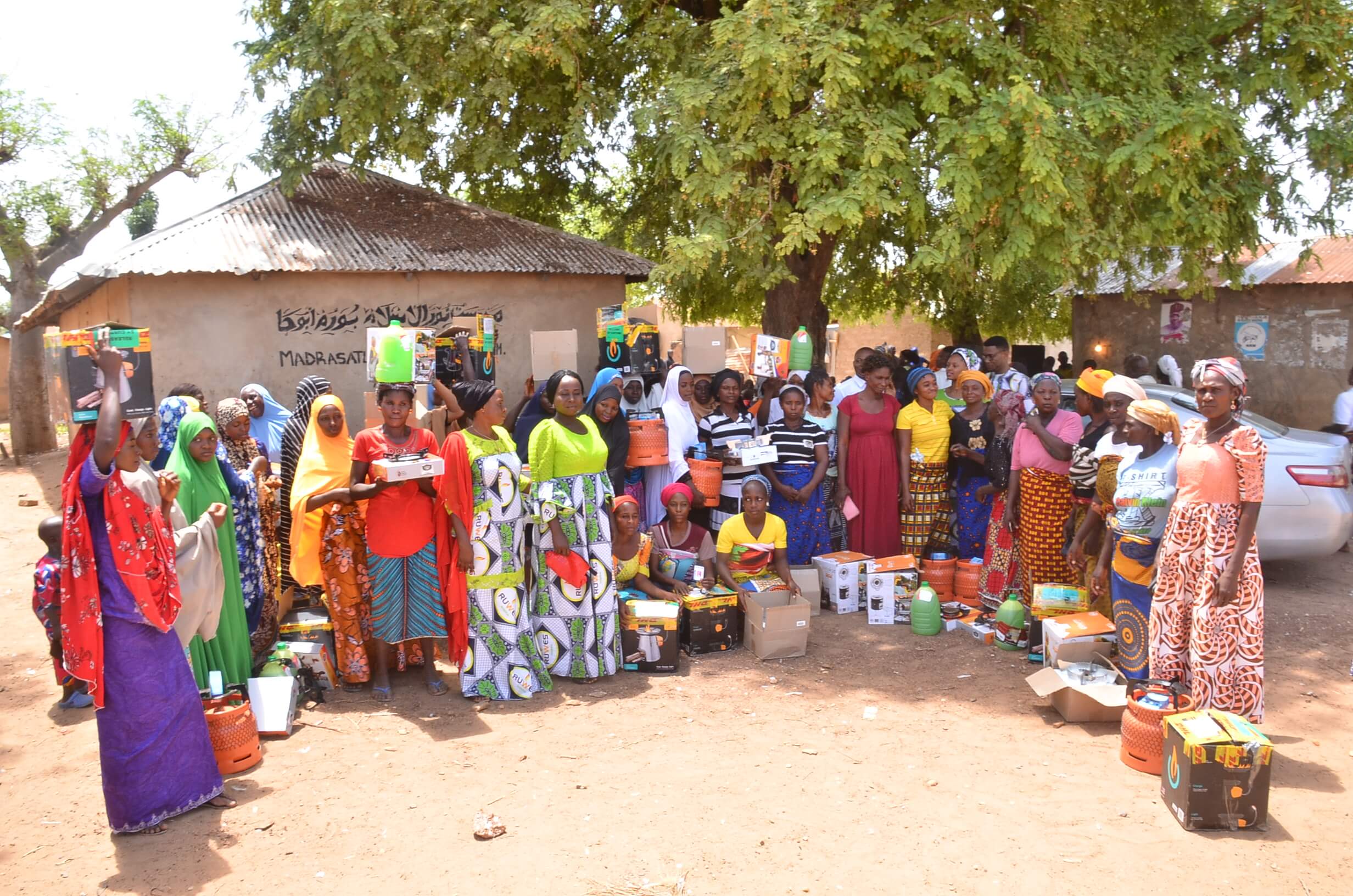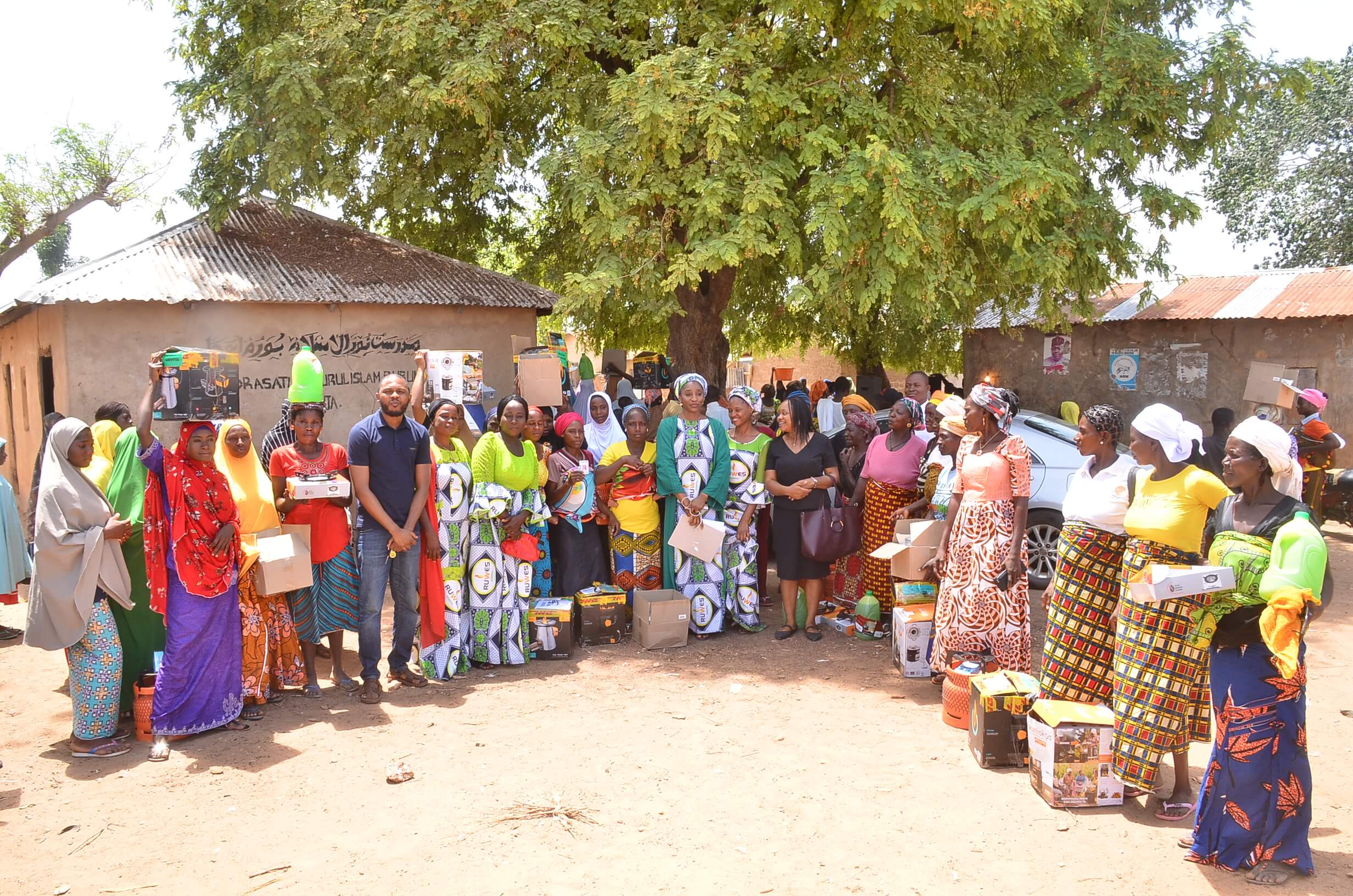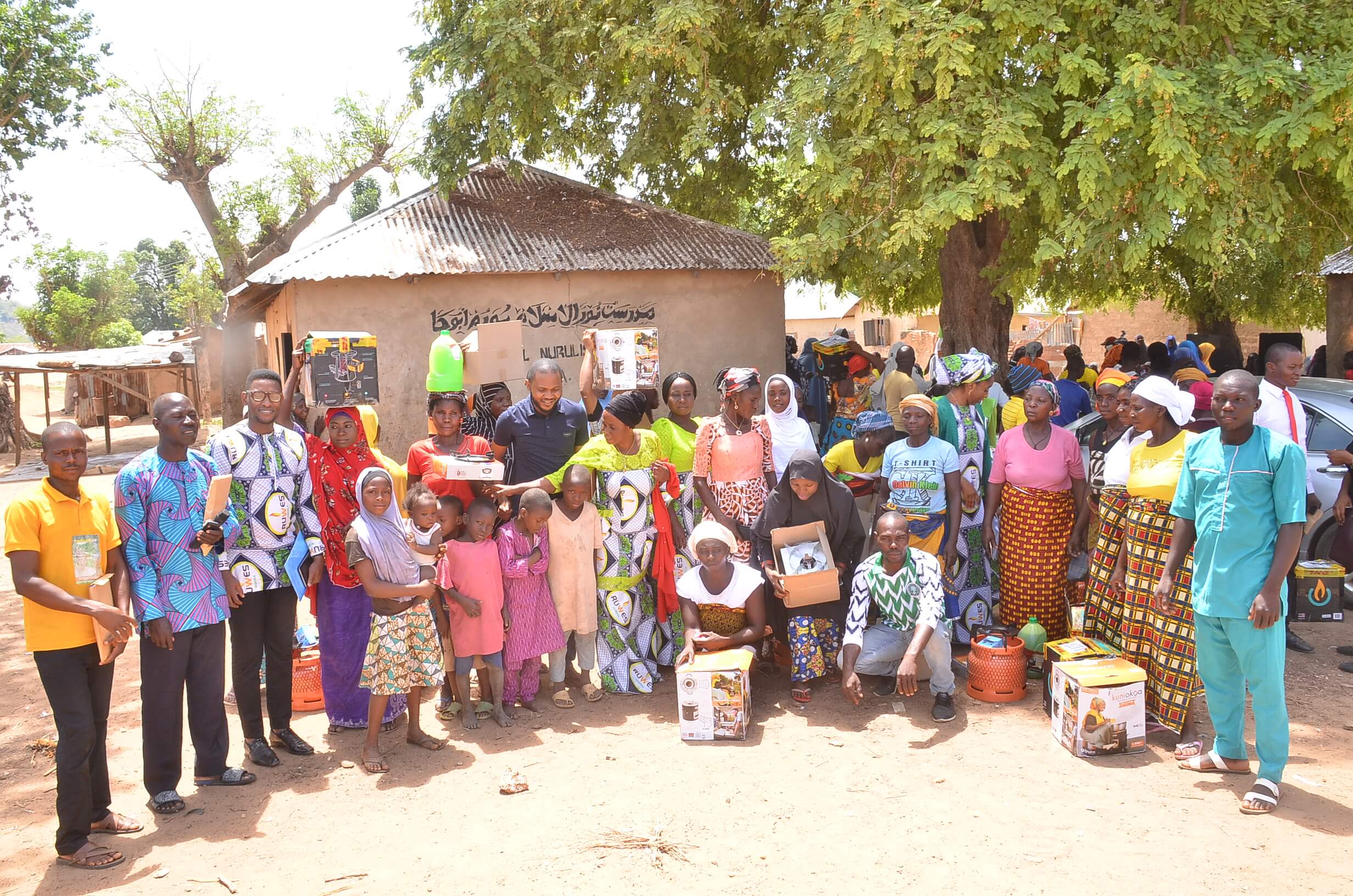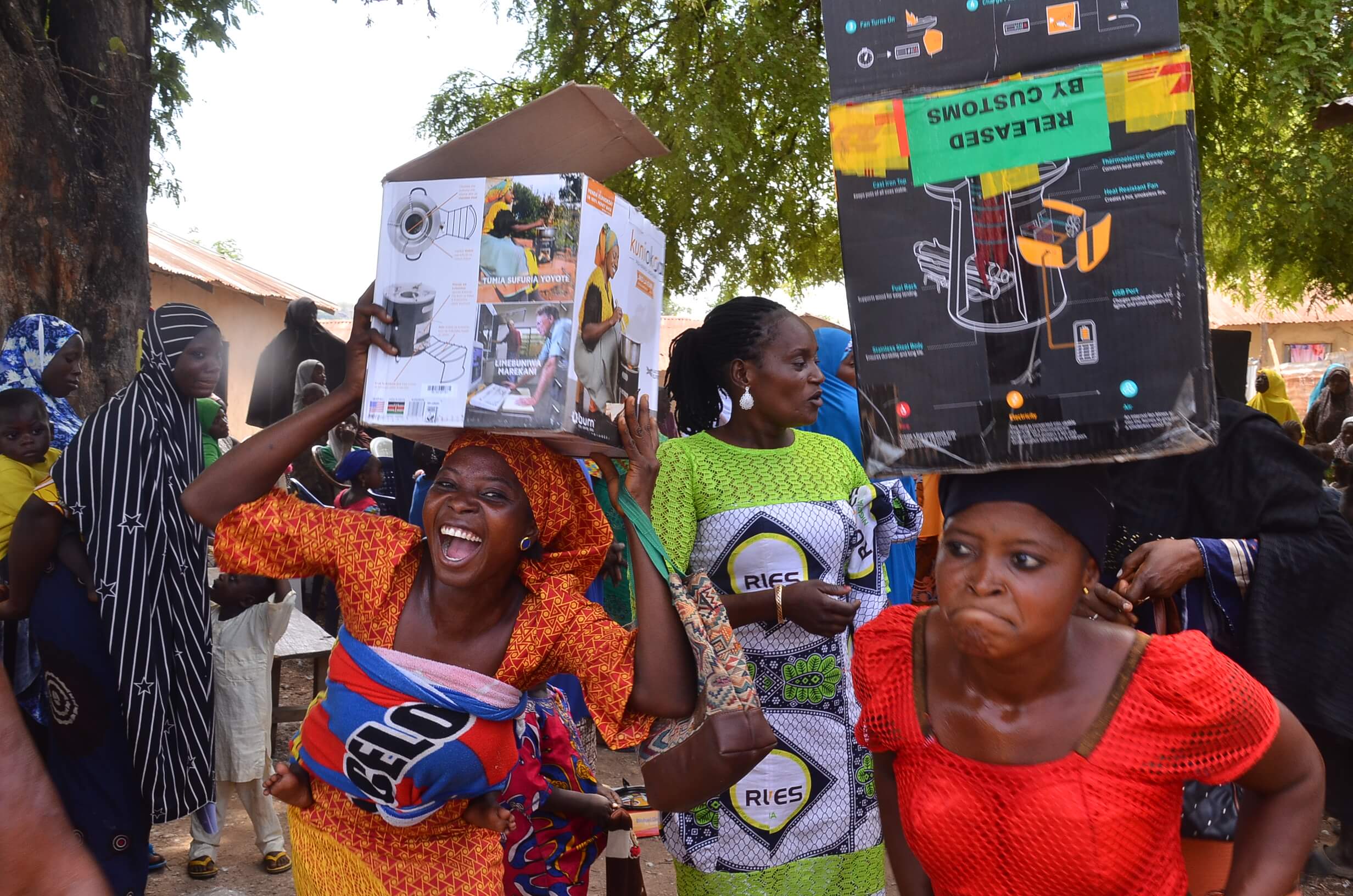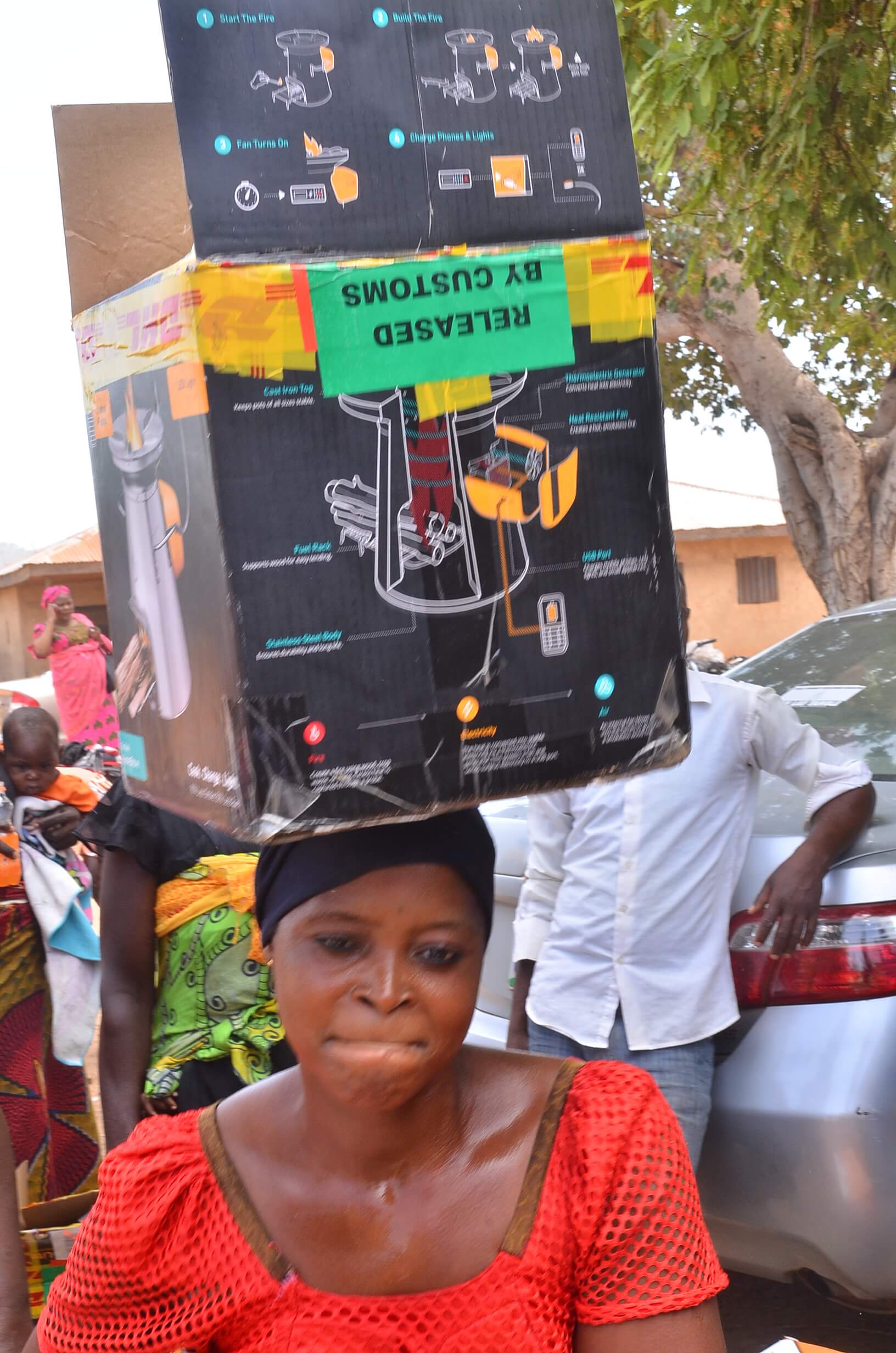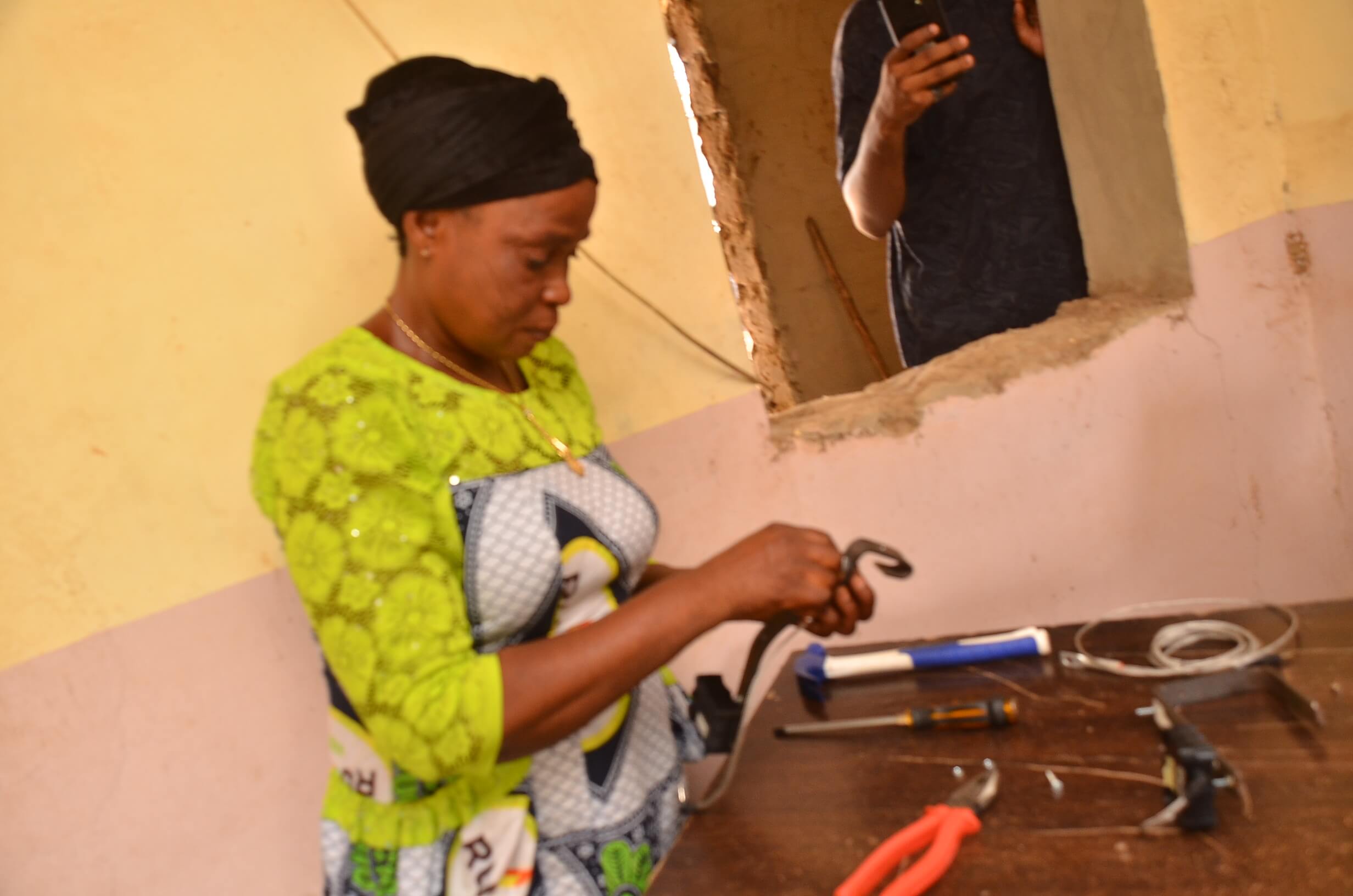This project is being funded by The Climate and Clean Air Coalition (CCAC). CCAC was launched by UNEP which is committed to protecting the climate and improving air quality through actions to reduce short-lived climate pollutants (SLCPs).
15 April 2019 – RUWES in partnership with Nexleaf Analytics identified 5 groups of women that were supplied with 5 different models of cooking solutions to ascertain the usability and adaptability rate. The 5 groups of women living in a rural community in the outskirts of Abuja (Mararaba-Burum Village), were selected in order to understand the cooking needs and preferences of the women and the circumstances of the Nigerians households.
Transitioning Nigeria’s households to improved cookstoves can significantly reduce emissions of short-lived climate pollutants (SLCPs), including Black carbon. This project is to lay groundwork for expanding Sensor-Enabled Climate Financing (SCF) by using innovative scientific mechanisms for funding and promoting the cleanest cookstoves, into the Nigerian context. The innovative financing mechanism sets the groundwork for making improved cookstoves affordable and accessible to the rural poor and, to ensure that they are transitioned from 3-stone-fire to improved cookstoves while focusing on substantial emission reduction.
The objective of this SCF Project is to discern with appropriate data the cooking needs and preferences of the women and circumstances of the Nigerian households. With Nexleaf’s StoveTrace sensor data, the Climate and Clean Air Coalition (CCAC) under the UN Environment, as the project sponsor and her partners can receive objective reports on the tons of CO2e mitigated by clean cooking. Sequentially, low-income women receive direct payments via mobile money app for their climate stewardship, which empowers them to repay their stove loans and also earn money for themselves, bringing not only clean cooking but also financial inclusion to these women. Since biomass burning is particularly prevalent in Nigeria, this is a key step towards CCAC’s goal of significantly reducing the SLCPs emitted by low-income Nigerian households on a daily basis among other notable objectives.
Taking clean cooking solution to another level regarding Household Energy in Nigeria, Women Energy Entrepreneurs (EEs) were selected, trained and empowered to in turn provide trainings, awareness and capacity building for the first cohort of end users pertaining to proper usage of clean cooking solutions, SLCPs, climate credit payment and the use of Nexleaf’s StoveTrace system. The EEs were groomed/empowered so as to take charge of subsequent similar projects.
